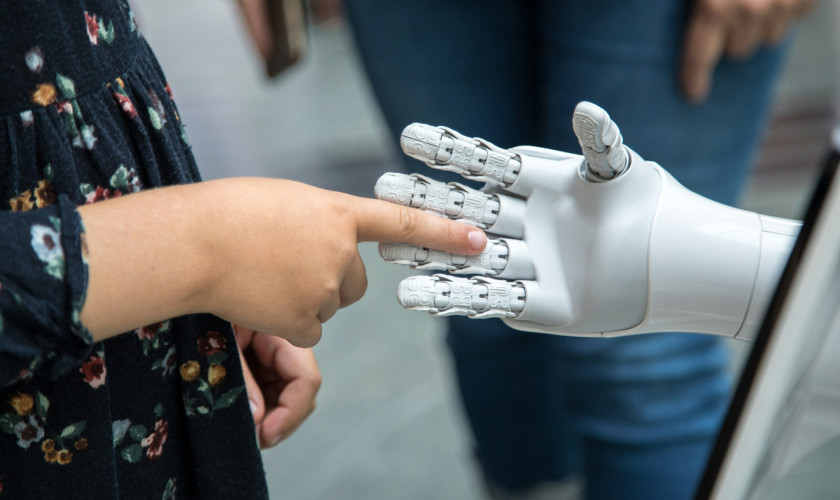Behavioral-economic games such as the dictator game have been a popular method for studying human-human interactions which can also be used to study human-robot interaction. Using both physically present as well as virtual, commercially available robots, we investigate what makes humans act prosocially toward robots. For example, humans tend to show specific neurophysiological responses to observing a robot being hurt, and are willing to act altruistically toward robots by donating money to them.
- The project is available in the Fall and Spring semester.
- Number of placements available per semester: 1.
Prerequisites
- High level undergraduate student.
- Minimum GPA 3.4
- Knowledge of basic research design, statistical analysis (e.g. ANOVA, linear regression).
Faculty Department
Faculty of Social and Behavioural Sciences
The Cognitive Psychology Unit has two main research lines, which focus on basic cognitive (neuro)science and applied cognitive psychology.
The research within our unit aligns with the strategic mission of the Psychology Institute, by:
- fostering collaboration between different units,
- stimulating diverse career paths,
- implementing open science practices,
- using interdisciplinary research methods
- conducting translational research.
Most of our research is carried out within the Leiden Institute for Brain and Cognition (LIBC). The research fits with the University Research Profile ‘Social Resilience and Security’, the FSW research themes ‘Digitalisation and technological innovations’ and ‘Climate Change’ and the research topic of the Psychology Institute ‘Socio-Cognitive-Affective Decision-making’.


